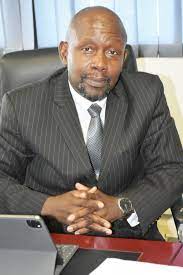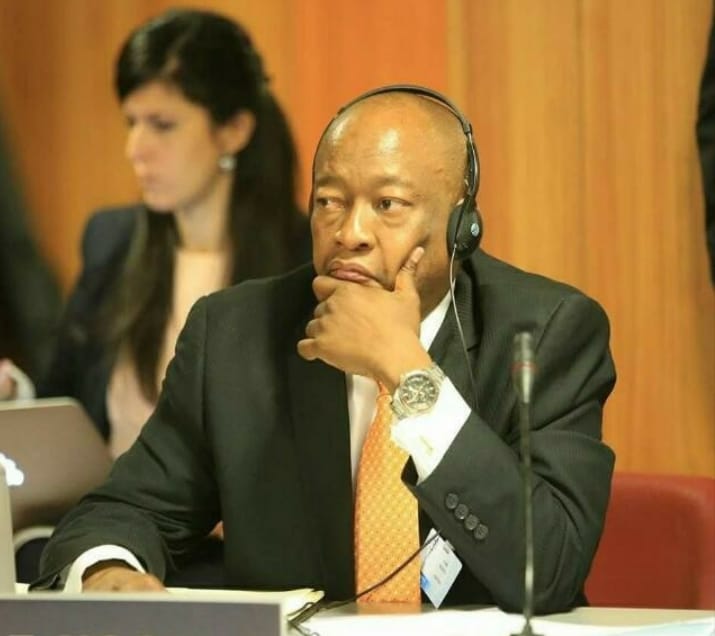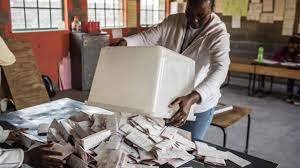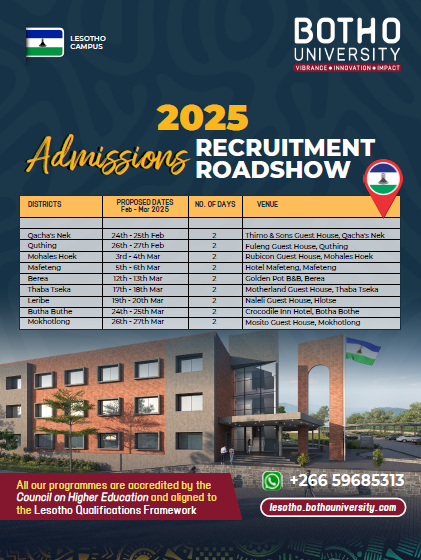Nthatuoa Koeshe
Lack of financial muscle has deprived the Independent Electoral Commission (IEC) off its dream to hold two-in-one elections this year entailing the National Assembly and Local Government elections.
Earlier this year the Director of Elections Mpaiphele Maqutu told this paper of the Commission’s intention to stage the two tiers of elections simultaneously.
Maqutu admitted that though it would have been Lesotho’s first time to do so; there was conviction that it was in fact the cheaper option for the two tiers of elections which are both due.
The last National Assembly elections were held in June 2017 while the local government elections were held the same year in September.
Maqutu said that the combined elections cannot be held without embarking on a specific electoral education which is an embodiment of civic and voters’ education.
“The voter who is used to voting separately has to be mentally prepared through the voters’ education because this would be the very first time that such is done,†Maqutu said, adding that the two are held under two different legislations.
He said it was then decided on the new Electoral Bill which would seek to harmonise the two laws into one for the elections to be held at the same time.
“Unfortunately, it has not been passed through Parliament yet and in the absence of that piece of legislation, the two elections can still be held but because they are governed by two separate laws and the time for each to be held is different under the two separate laws, they will have to be done separately†Maqutu said.
IEC Public Relations Officer, Tuoe Hantši reiterated on what the director said in an interview with this publication this week, highlighting that the two-in-one elections vision could not happen anymore because of the funds allocated for elections.
The budget for the collective elections was estimated to cost about M498 million while the Commission was only allocated M261.5 million for the 2022 elections, of which they have since been given only M92.7 Million. Hantši stated that the amount can only enable the IEC to manage and conduct one set of elections being the National Assembly elections.
In 2017 the National Assembly elections used about M248Million and the Local Government elections used about M310million.
King Letsie III announced a date of elections on Tuesday this week through a gazette with a Proclamation fixing the date of elections at October 7, 2022.
“I King Letsie III pursuant to section 37(1) of the national assembly electoral act and acting accordance with the advice of the council of state proclamation the 7th day of October 2022 as the day on which the general elections to return members of the national assembly for all constituencies of the kingdom of Lesotho are to be held,†reads the gazette.
The King directed the Director of Elections of Lesotho to cause the general elections to be conducted in accordance with the National Assembly Electoral Act, 2011 on the aforementioned date.
Meanwhile, Maqutu also published the elections timetable which set the beginning of the electoral marathon to begin on July 19, 2022.
Hantši told this paper that the number of political parties registered with the Commission and vying for national administration post the October polls stands at 65, adding that since the elections period has started, there will be no longer be registration of new parties until the period is over.
He said though there are some challenges they are encountering which includes the on-going registration. He said continuous registration did not go as expected and the intention to start a fresh failed to materialise due to procurement process challenges and the legislation on the re-registration which was not passed in parliament.
Asked if the National Identity Document will be used for voting, he said the national ID as is the form of identity in Lesotho and the electoral act considers it as such will be considered for voting. He said this means the documentary identity proof is the ID as per the National Assembly Electoral Act section 6(1)(c)(i) for registration and for section 82 (2) for voting. He said the section indicates the documents to be produced when voting.
“After the closing of registration on July 29, the voters’ roll will be printed and the director shall publish or display the voters’ roll which electors will be permitted to make queries to.â€
He said the idea to introduce electronic registration also failed as they encountered procurement challenges as the process was challenged in court until such time when the time could not permit them.
He said the law to re-register or start a fresh registration had also not been passed by the parliament.

Your Trusted Source for News and Insights in Lesotho!
At Newsday Media, we are passionate about delivering accurate, timely, and engaging news and multimedia content to our diverse audience. Founded with the vision of revolutionizing the media landscape in Lesotho, we have grown into a leading hybrid media company that blends traditional journalism with innovative digital platforms.









